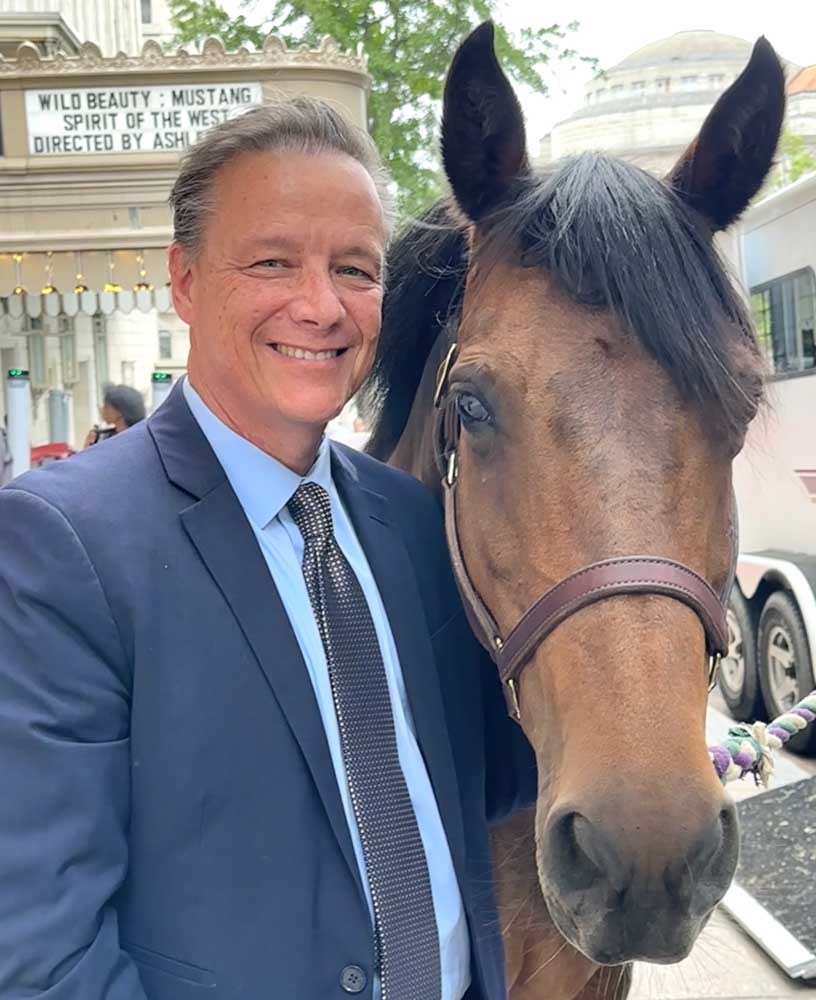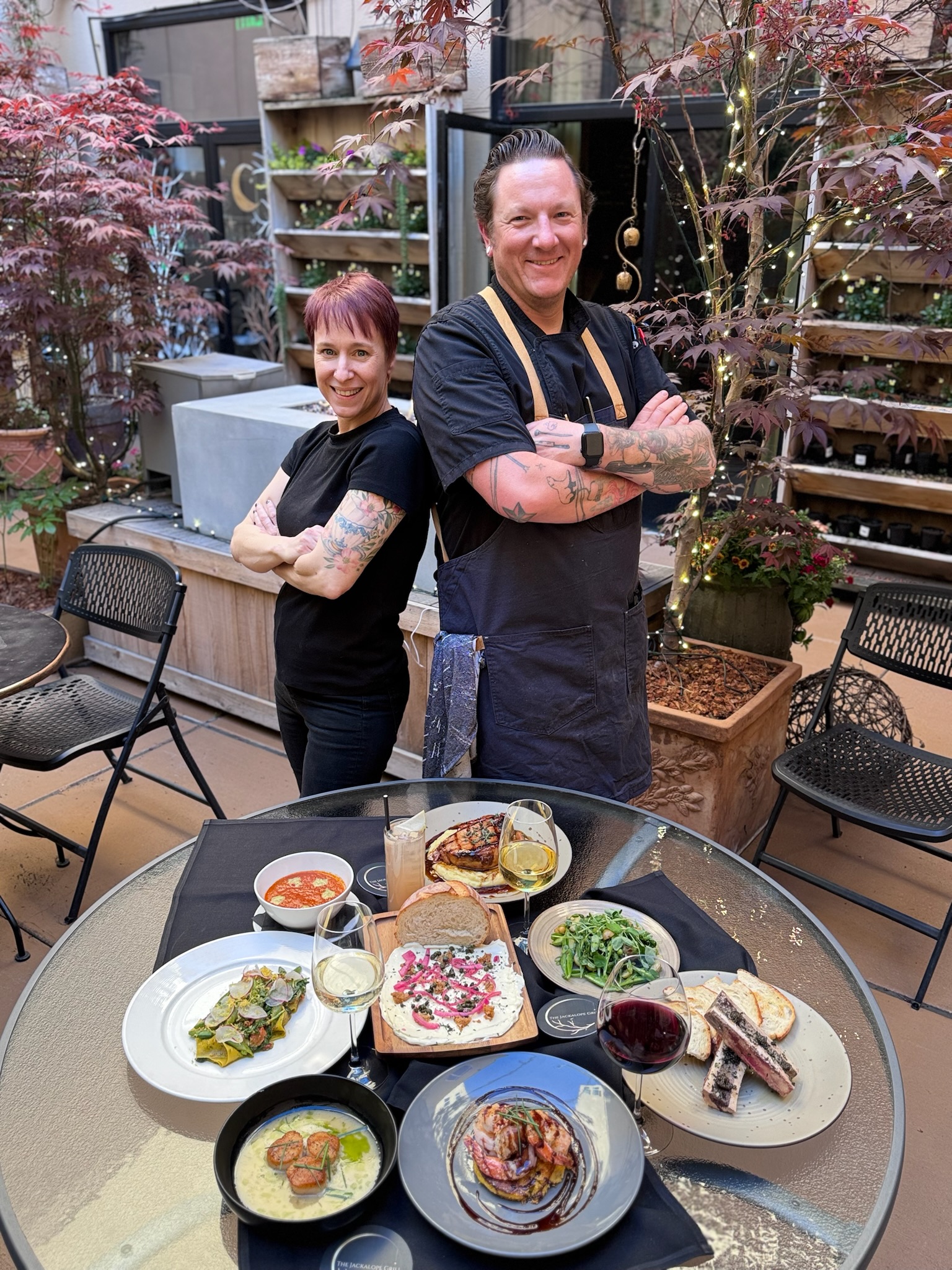Guest Column: Ban horse slaughter for human consumption
Published 5:00 am Sunday, June 25, 2023

- Beckstead
As a lifelong horseman who has for years fought to close the horse slaughter industry, I am baffled by a strange and twisted logic coming from people who say they love horses yet defend horse slaughter.
I regularly hear people who think of horses as members of the family say, “Of course, I would never send my horses to slaughter, but it should be an option for other owners.”
It doesn’t any make sense, because horse slaughter is indisputably cruel, corrupt, and lawless within an industry fraught with unimaginable terror, suffering and pain. And by stating that their own animals are spared from the slaughter pipeline, these apologists unwittingly align themselves with the 83% of Americans who oppose the slaughter of American equines for human consumption, according to a 2022 poll.
Horse slaughter is unpopular. Which is why it is currently being debated right now in the nation’s capital. The Save America’s Forgotten Equines Act or SAFE Act would permanently ban the slaughter of horses for human consumption and ban exports of American horses for slaughter abroad.
Every year, congressmembers report they consistently receive a disproportionately high volume of calls from constituents urging support for a slaughter ban and the animal welfare community and industry groups like The Jockey Club are unified in the fight for a ban.
What’s the holdup?
The interests that support horse slaughter have been unrelenting in calling in congressional favors to keep these bills from moving. These include the American Farm Bureau, the National Cattlemen’s Beef Association, American Veterinary Medical Association and American Association of Equine Practitioners, as well as some equine sports groups and the rodeo industry. These powerful interests don’t love horses as much as they love the money they make from horses.
Let’s be clear on how the horse slaughter industry operates. An investigation by Animals’ Angels and the Center for a Humane Economy earlier this year showed that kill buyers, working to fill their orders from foreign meat companies, are a lawless and ruthless bunch. They buy and ship elderly and blind horses, heavily pregnant mares, sick and injured horses, horses so emaciated they can barely stand, and horses stolen from loving families. Kill buyers don’t care where the horses come from.
How lawless are they? Last November, Colorado’s largest dealer in horses for slaughter, Fabrizius Livestock, was fined $210,000 by a federal administrative law judge for knowingly shipping slaughter-bound horses sick with contagious disease across state lines, putting an untold number of horses across the nation at grave risk of illness and death.
What’s really horrible, is that well-meaning horse rescue groups are breaking their backs and banks to buy “kill” horses on an individual basis at auction. It’s called extortion, as these sellers will jack up the price, knowing they are selling to desperate people trying to do a good thing.
In pandering to these unscrupulous profiteers, backers of horse slaughter parade a shameless litany of lies and misrepresentations to support the industry. The worst is that sending a sick, lame, or elderly horse on a truck to be killed in a Mexican meat plant is a form of “humane euthanasia.”
A strong bipartisan group of U.S. representatives and senators have introduced the Save America’s Forgotten Equines (SAFE) Act, which will include horses with dogs and cats as species that are not to be abused and exploited as food.
If we truly care about these animals who played an indispensable role in our nation’s history and culture, we must provide them with the protection they’ve so clearly earned. And to those apologists who claim to love their horses but still defend slaughter, I ask: If slaughter isn’t good enough for your horse, why is it good enough for any horse?
Do you have a point you’d like to make or an issue you feel strongly about? Submit a letter to the editor or a guest column.






